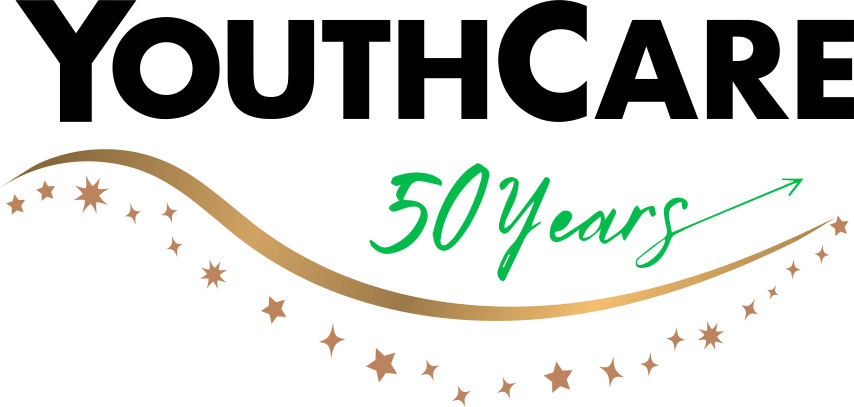The Tile Project is that rare thing provided for homeless youth: a pre-employment program, where young people (15–22) who might not qualify for more directly job-focused training have a chance to move forward, to prepare for life. Leslie Horton has been “Tile’s” case manager for eight years. She also supervises the Working Zone, a small consortium of such programs funded by the City of Seattle. We asked her to tell us about Tile and the young people she serves.
Tile is the lowest-barrier employment program at YouthCare and in the continuum of social services here for homeless youth. It’s an arts-based internship: youth earn minimum wage to “play with some clay.” They’re not necessarily going to come out with a hard skill, like our Barista [another YouthCare employment program] grads who can walk into Starbucks and get a job making coffee.
Tile is designed for kids who have little or no employment skills. It’s a confidence-building program. It’s a place to get grounded. Any of these kids might have been sleeping in a park or gotten assaulted last night. They miss appointments. Unlike other programs, I get to say, “Yes, you can reschedule,” every time — as long as you’re communicating with me and really trying.
I help youth sign up for food stamps, apply for housing vouchers, and weed through sketchy apartment listings to find legitimate offers. Then there’s employment assistance: resume, cover letter, references, basic things. Interview skills. Everyone does a practice interview when they come in with me. I even go out with youth to drop off applications, waiting around the corner as they go inside. They’re often scared, so knowing I’m out there is important.
Most of my youth haven’t been able to rely much on adults in their lives. So many of these kids have never been told they’re important, told they’re special, told they’re loved. They’re told that they’re stupid and not worth anything — and a whole bunch of things I can’t even imagine ever being said to me. No matter how many times you’re told you’re smart, you’re beautiful, you’re worthy, you’re still going to need to hear it. You’re still going to remember the one time, or however many times, that someone said different.
For a lot of them, YouthCare is the first place they’ve found where they feel like they really matter. Staff do things to make them feel that. At Tile, their art piece might be the first thing they’ve ever truly completed, for all sorts of reasons. It’s this beautiful piece that someone is going to admire on a wall, or maybe even buy; that’s pretty powerful.
When youth get into Tile, we give them a program ID. It’s just a piece of paper: their picture, the YouthCare logo, the date they started. We put it on a lanyard. It doesn’t happen all the time, but over the years I’ve noticed youth wearing their ID at really random times. Most of us take our ID off the minute we leave the door, wherever we work. These kids, some kids, you’ll see them some evening on their mat in shelter, and there’s their Tile employee ID around their neck. Or at GED, or in the lunch line — all these times outside of Tile.
To me, that really symbolizes something. The same way, when I’m in the Tile studio, I’ll overhear when one of our young people gets a phone call. They’ll pick up and they’ll say, “I’m at work right now, I’ll call you later.” I hear how they say it — and, I love my work, I love my job, but I don’t say it the same way to my friends. You can just feel the pride they have in telling their friends: I have a commitment, I have someplace I have to be, I am important.

